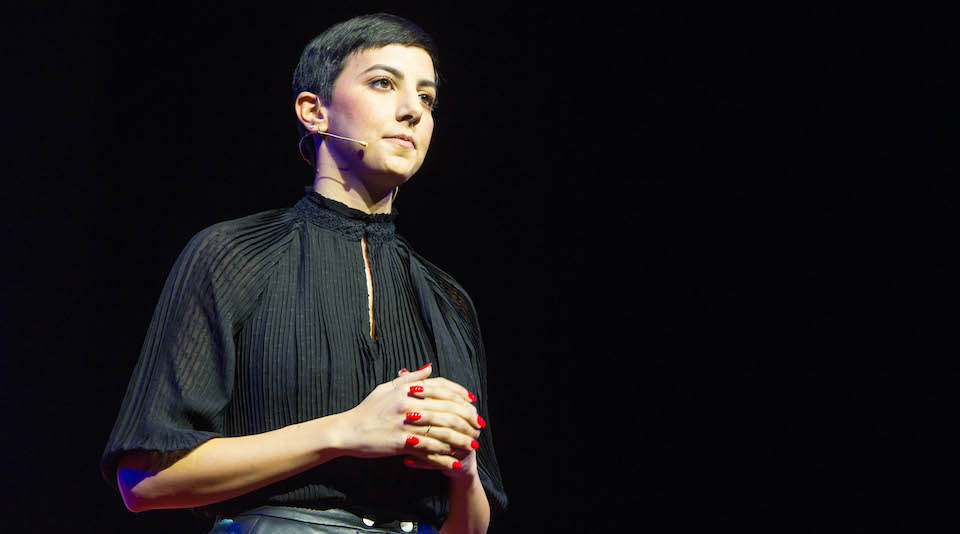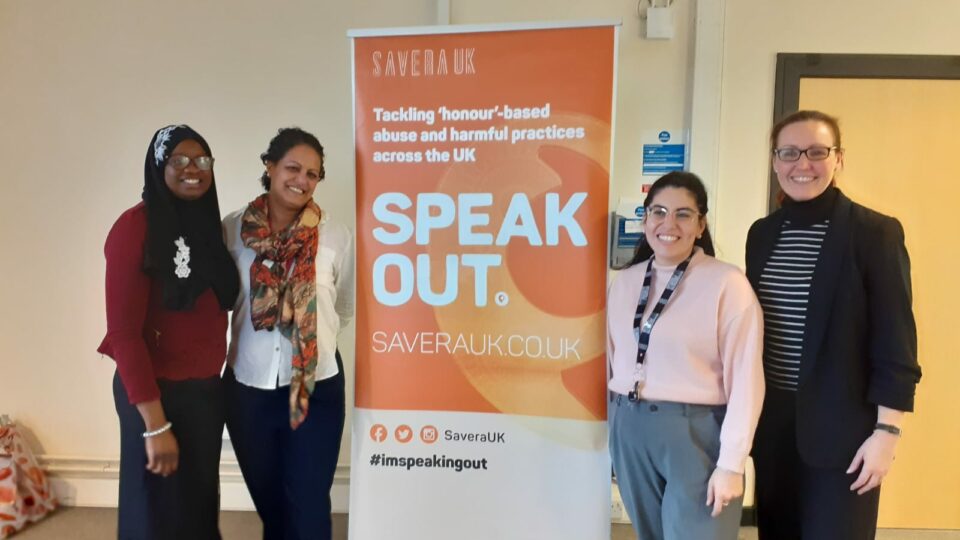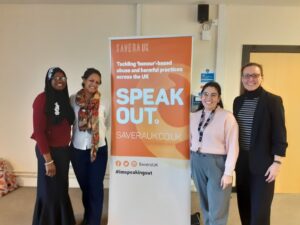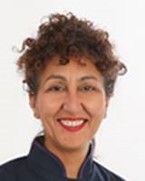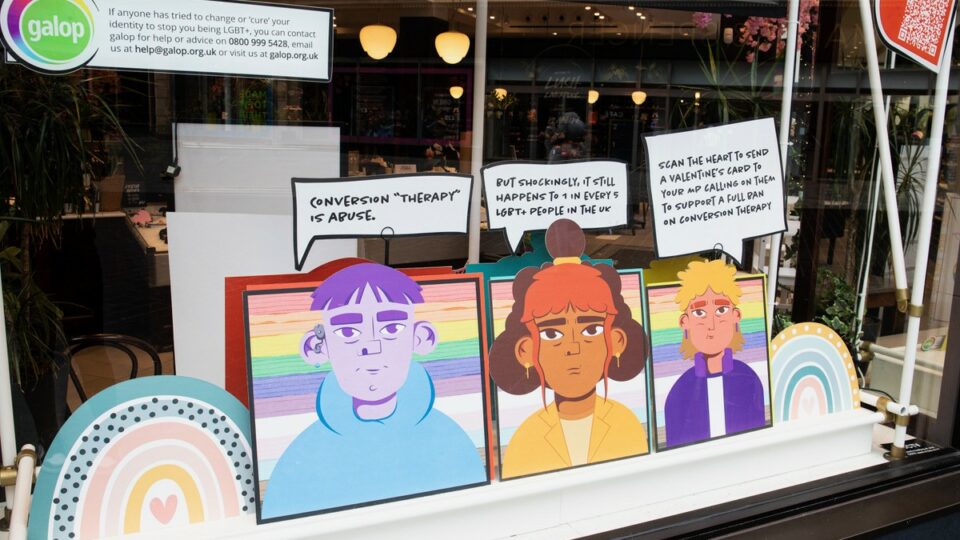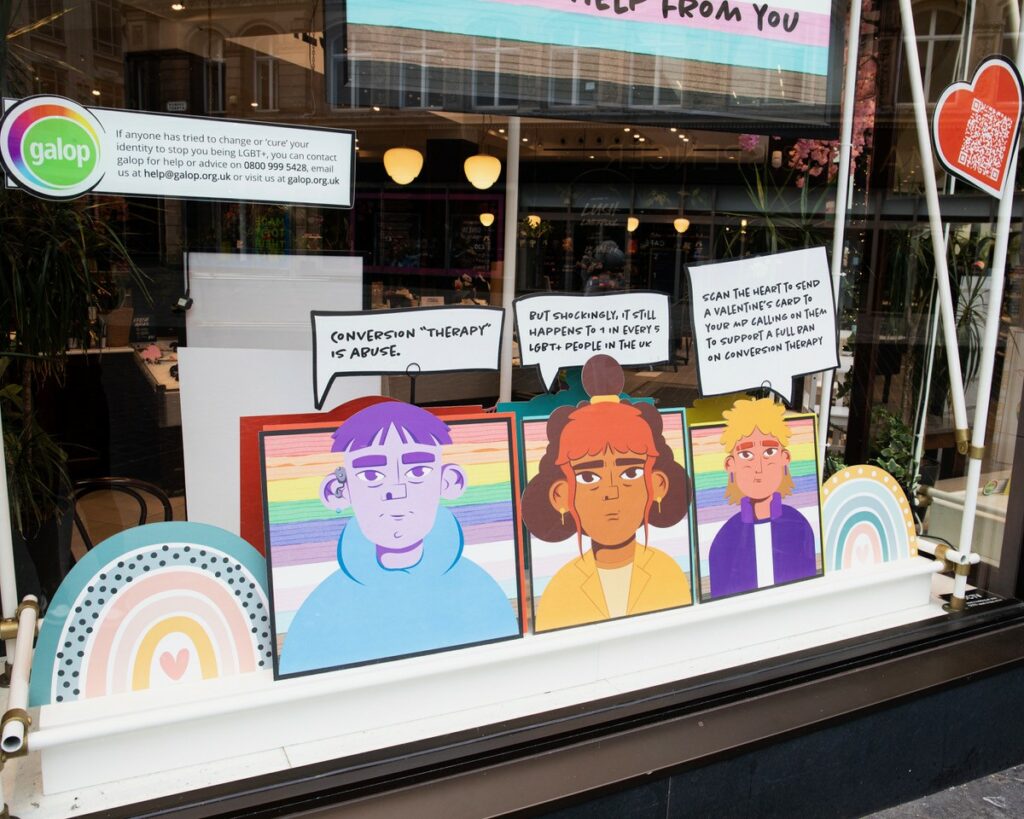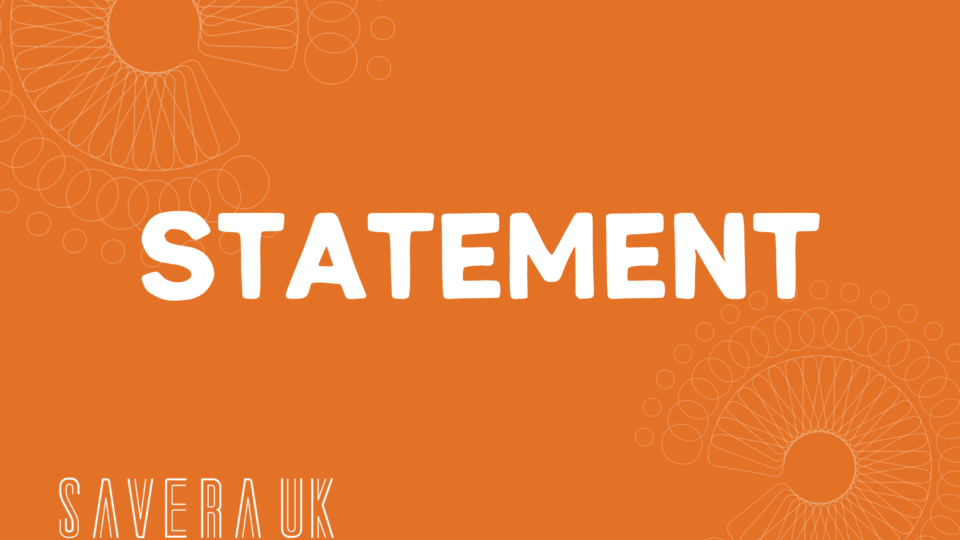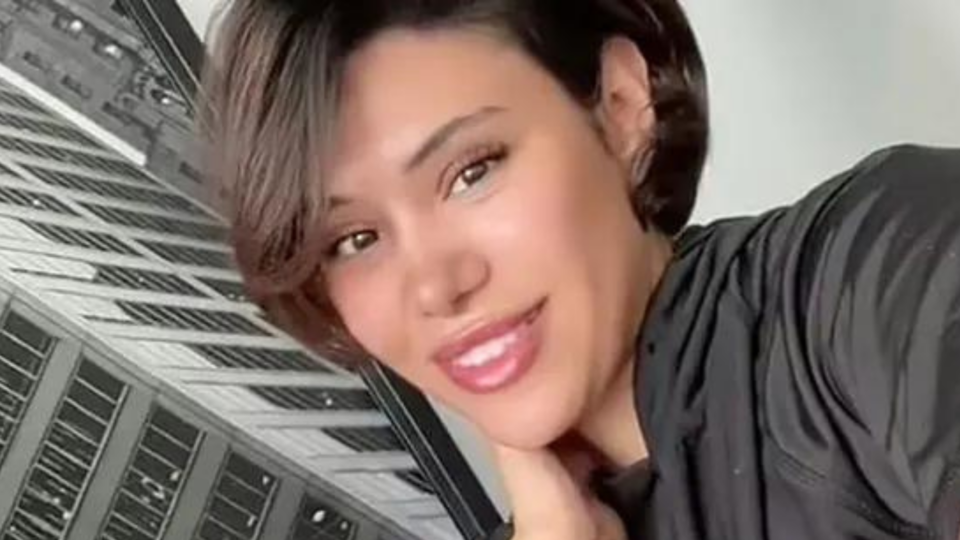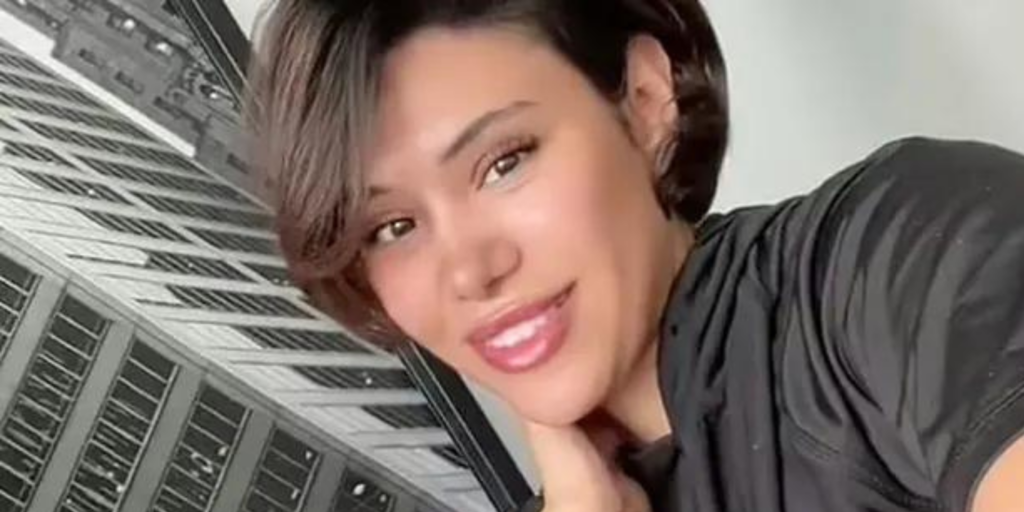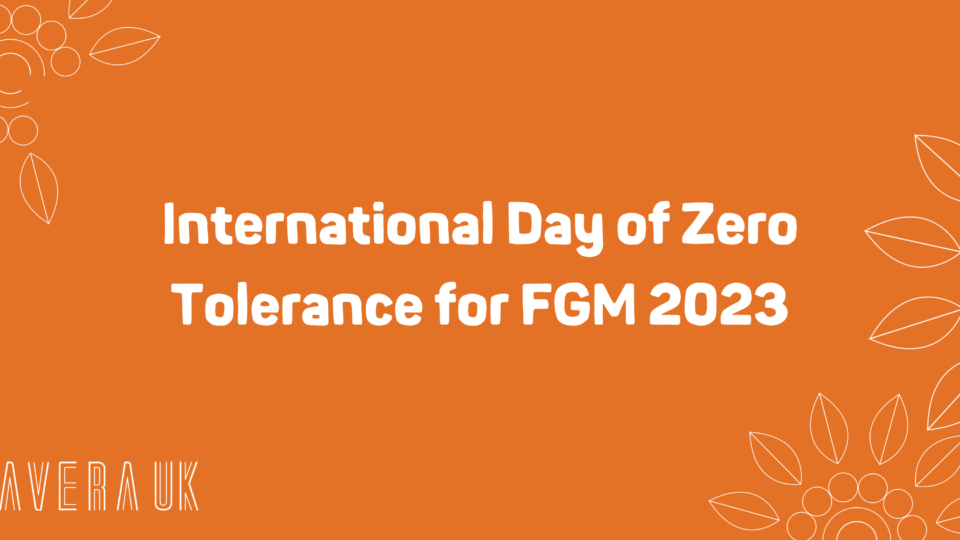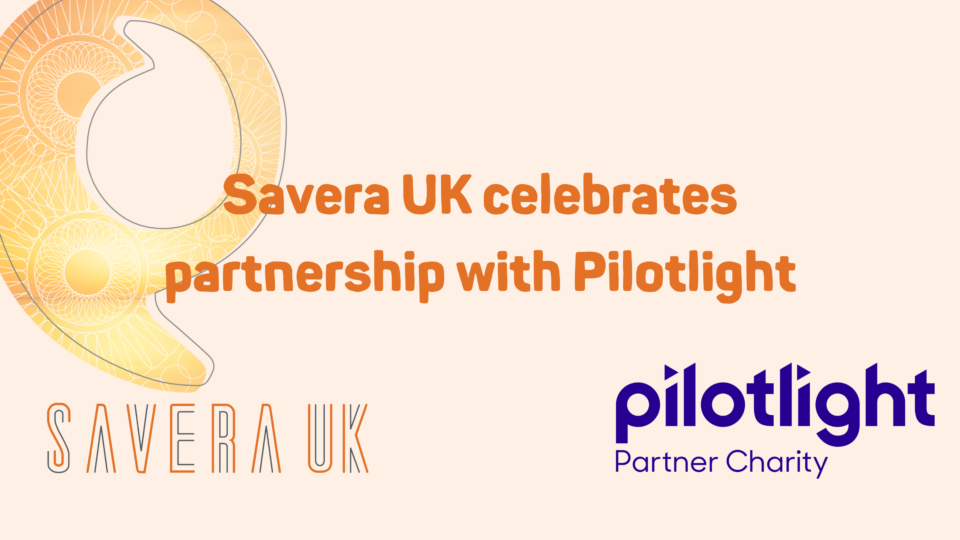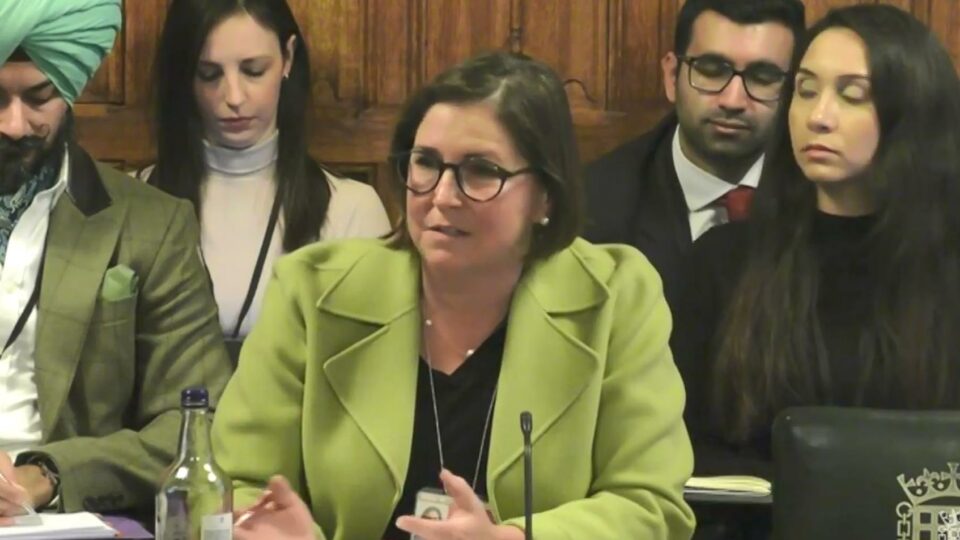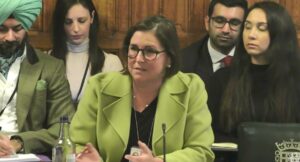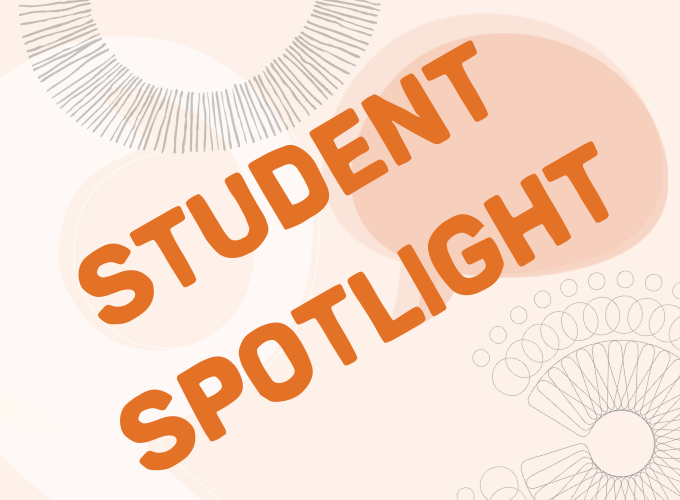At the beginning of October 2022, Savera UK welcomed Ella, a Social Work Student at Edge Hill, to join the direct intervention team.
Ella was invited to learn how the team operates and about the work they do safeguarding and advocating on behalf of those at risk of ‘honour’-based abuse (HBA) and harmful practices like forced marriage and female genital mutilation.
As Ella’s time at Savera UK draws to a close, we spoke with her to find out how she got on.
Can you tell us a bit about yourself?
My hobbies outside of study/ work includes spending time where I can visiting my family and friends at home. I have friends enrolled in local universities, so as I am currently residing in Liverpool, it gives me chance to see and spend time with my friends. We often watch football or rugby matches, and sometimes friends from home come to visit too.
I have always been involved in a sporty environment. From the age of six, I have represented and competed for my athletics team at home, up until finishing college. I represented my town and borough in local and national competitions. I enjoyed having a physical hobby outside of school/ college studies, as it brought me a difference of environments and activity. I stopped competing due to studies, but still enjoy watching athletics in my spare time.
How did you first hear about Savera UK?
I received my email via my university informing me of what organisation I would be placed at for my 70 day placement. I searched the name up and was both nervous and excited for what I found. I read through the reports and fact sheets and did some revision around this, as HBA is such a niche area. But this is what excited me the most! I knew the experience I would have here would be so unique and informative, and I can definitely say that it has been!
What has your day-to-day role been like?
My day-to-day role has been contacting clients and liaising with professionals to make sure clients are safe. I have been assigned cases which has meant me speaking to clients to understand their past and current situation, and learning how they would like to move forward and how I can then signpost and direct them to receive support in different aspects. I have also had the opportunities to attend and shadow meetings.
Of all your tasks, which has been your favourite?
I have enjoyed everything I have completed at Savera UK, but my favourite had to be the run up to the Christmas break with the festive party and [handing out to clients] Radio City Cash gifts. I really enjoyed being able to interact with clients and meet some of the people I have support was really nice. Putting a face to their stories was really inspiring for me.
What were some of the more challenging aspects of the role?
With being a student and this being my first placement, I have never been in an environment like this before. Every time I was asked to complete a task or attend a meeting, it was quite daunting to me, however my time at Savera UK has taught me so much and I can see how much I have grown in a professional setting, but also personally. Working alongside individuals who have experienced so much was difficult at times, but I knew that in order to support them I needed to provide the best standard of work I could. I never felt out of my depth or uncomfortable completing something because of the support I received, but knew that if I ever did feel this way, I could always speak to someone.
What can be done to help with those difficulties?
Nothing! The support that I receive was amazing. I never felt left in the dark or on my own, and was always encouraged to ask questions. Being on placement is for the experience of learning on the job, and saying no to any of the tasks or meetings I was asked to attend would defeat the point, so I made sure to accept and embrace every opportunity given to me.
What has been aspect of the role that has surprised you the most?
I think just generally how much I have enjoyed the whole experience. Since starting my course, I have always dreaded placement, going into an environment I am not familiar with or may not have the correct knowledge to support clients. I have learned so much. HBA being something that isn’t spoken about or widely seen in the media, and observing the level of work that the service has been able to provide to clients is so eye opening and surprising to see, but also so inspiring and I feel lucky to have been able to help where I can too!
Did your placement at Savera UK live up to the expectations you had before starting?
Absolutely! I was so nervous about starting placement and being in an unfamiliar, busy environment. When I first received my confirmation email that this would be where I would be for my first placement, the nerves kicked in, as HBA and harmful practices are unfortunately a taboo subject and something I was not too knowledgeable in, so I was nervous I wouldn’t be able to provide adequate support.
What will be your main takeaway following your placement with us?
The main thing I am taking away from this placement is the knowledge I have gained and I can use further in my career. I would love to be involved in this type of support work one day, as I can see the passion from the other staff members to provide the best quality of support for their clients, which was passed onto me.
What do you think is the biggest challenge for charities supporting those at risk of harmful practices?
I think the most challenging aspect for the team here at Savera UK is the lack of knowledge from other professionals who they work alongside, but each member of staff is able to challenge professionals’ views and emphasise the importance of recognising HBA and harmful practices, so each referral made to other organisations can be picked up on and risks identified.
How can this be overcome?
By continuing to do the inspiring work and advocating for victims of HBA and harmful practices, as this is a subject that needs to be brought forward and not hidden away. I think when it comes to culture and ethnicity, people often shy away from this, but this is when cases can be missed and therefore further put clients at risk of harm. Being able to explore the significance of cultures and different aspects of this with clients allows us to mould support to their needs.
What are your plans for the future?
I still have another year at university, with another placement to complete. I am currently unsure what type of placement that I would like to be placed in during my final year, but I am looking forward to it, based from the experience I have had here.
What did you enjoy the most about your time at Savera UK?
My time here at Savera UK has been unbelievable, I have enjoyed every day here and I am really going to miss working alongside the team. They have been so supportive of me and I cannot thank them enough. They all have been such inspirations and role models for me, and set the standard very high for the level of support and work I want to go on to deliver to others. I really look up to everyone. Being able to build those professional relationships and see the personal progression within clients and seeing them lead happy and empowered lives has been the best part.
Thanks Ella, we’re so grateful for all your hard work and efforts over the last few months, and we will miss having you as part of the team! We wish you all the best in your future.

